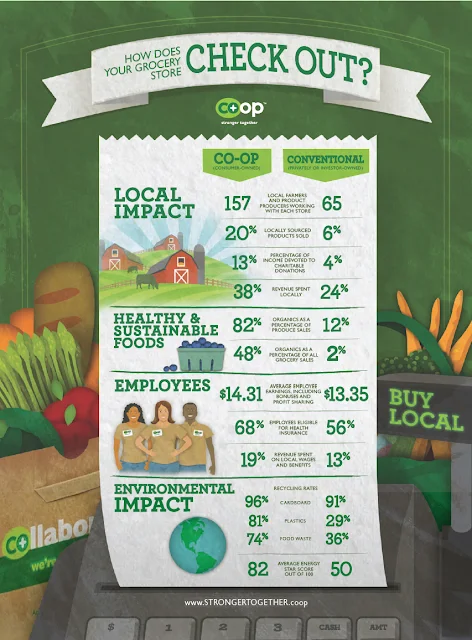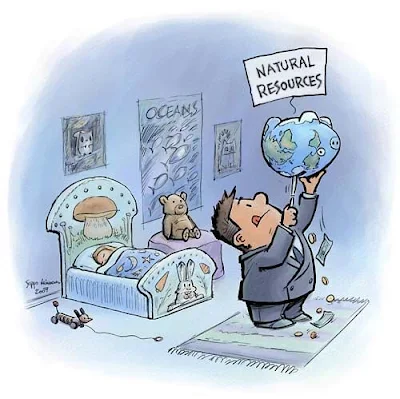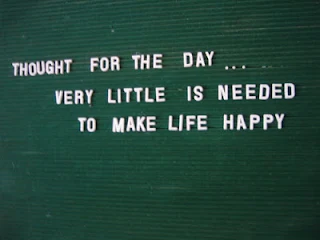The year I was born, the first disposable diapers hit the market. My mom couldn't afford to use them, but she tells me I didn't seem to care. She says I was a very contented little person right from the start.
When I came into this world, the average cost of a house was $12,500 dollars, and a dozen eggs cost 30 cents. The global population hit 4 billion, and Yuri Gagarin became the first human in space.
It was in these exciting times that my father was starting what would become a 30 year career in education. Although I didn't know it at the time, I was starting a 51 year career in simple living.
Teachers were poorly paid, and his salary did not go far with a growing family - living frugally was required. Eventually he had 5 kids for which to provide. Mom, like most mom's at the time, stayed at home and managed the logistics for her chaotic crew.
We eventually moved into a modest home, and stayed there until all the kids were grown. There was no 'trading up' to a larger house every few years, as is the expectation among many today. Actually, the acquisition of money and things was never a driving force for either of my parents.
Both mom and dad taught us that money was not the answer to anything past the point of having enough for a good life. What was more important than money and stuff was doing something with your life to make the world a better place.
Mom had to be creative to make ends meet, and somehow she managed to make sure that we always had what we needed. My clothes were hand-me-downs from my older brother, and if they lasted, they went down the line to the next rug rat. We always had a car. It was always a used car.
We never ate out, or order in. Processed foods as we know them today were unavailable, so all meals were cooked by my mother from scratch. That is how I cook now, and I have no idea how mom did it for 7 people day in and day out. It takes me a lot of time to cook meals from scratch for only two people. Moms are magic, obviously.
Everything tasted great, and I was always the most appreciative mouth at the table. But even I balked at powdered milk, and I remember really hating it. Cow tongue was a bit much, too. Most importantly though, I don't remember ever being hungry.
Often we did not have television, and when we did, it was black and white. There were no separate rooms for the kids, and we not only had to share a room, but often two of us had to share a bed.
Oh, the inhumanity! Occasionally, rising expectations in society would make my siblings and I think surely we lived in abject poverty, or were experiencing some sort of cruel and unusual punishment. We were led to mistakenly believe that everyone had a colour television, whole milk, steaks, new cars, and their own rooms.
That is what it sometimes felt like as we were growing up. But now I thank my parents for saving me from all the unnecessary crap, and sending me outside to play. Nature is what I like the best anyway.
I was born a content little dude on a dark winter night in 1961, and I have continued to be satisfied with 'enough' to this day. I have chosen to value time, freedom, and service to others, over the accumulation of money and things.
Today I celebrate 51 years of simple living.


































.gif)








